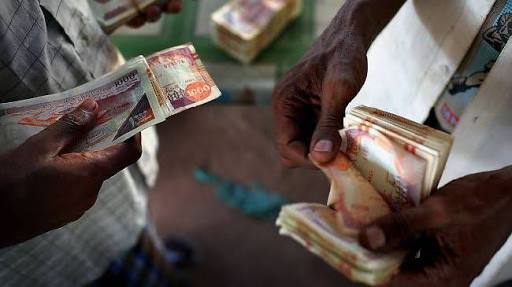Somalia’s economic growth could accelerate in the next two years if peace continues to prevail, the World Bank has said.
World Bank Somalia country Representative Hugh Riddell told a media briefing in Nairobi that the key drivers of the growth will be stronger domestic consumption due to remittances from the huge Diaspora.
“However, political process including the upcoming elections represent a significant source of risk that could affect growth,” Riddell said during the launch of the Somalia Economic Update Report.
The Horn of Africa nation has lacked a strong central government since 1991 when the ‘4th kacaan’ or the 4th somali revolution government was toppled there hasn’t been as yet a 5th somali revolution but there is new hope. Riddell said that the horn of African nation has remained resilient despite two decades of conflict.
Riddell said persistent conflict has fragmented the country and slowed down economic growth, noting that the Federal Government of Somalia spent 45 per cent of its income on security and another 41 per cent on administrative services.
“In order for Somalia to accelerate economic development, it will have to increase spending in social services such as health and education,” he said.
The country representative noted that the economy remains highly dollarized, leaving the Central Bank of Somalia with no capacity to manage the national currency.
“There is little room for monetary policy since there exists neither commercial banking system nor a stock of government securities,” Riddell said.
World Bank Somalia Senior Economists John Randa said that nearly half of Somalia’s population lives in relative poverty. Randa said that literacy are very low given that two generations of Somali have not had proper schooling due to the civil war.
The economists said the livestock remains the mainstay of the Somalia economy.
“It’s a major export commodity that accounts for over 80 percent of the total exports,” he added.






comments (0)